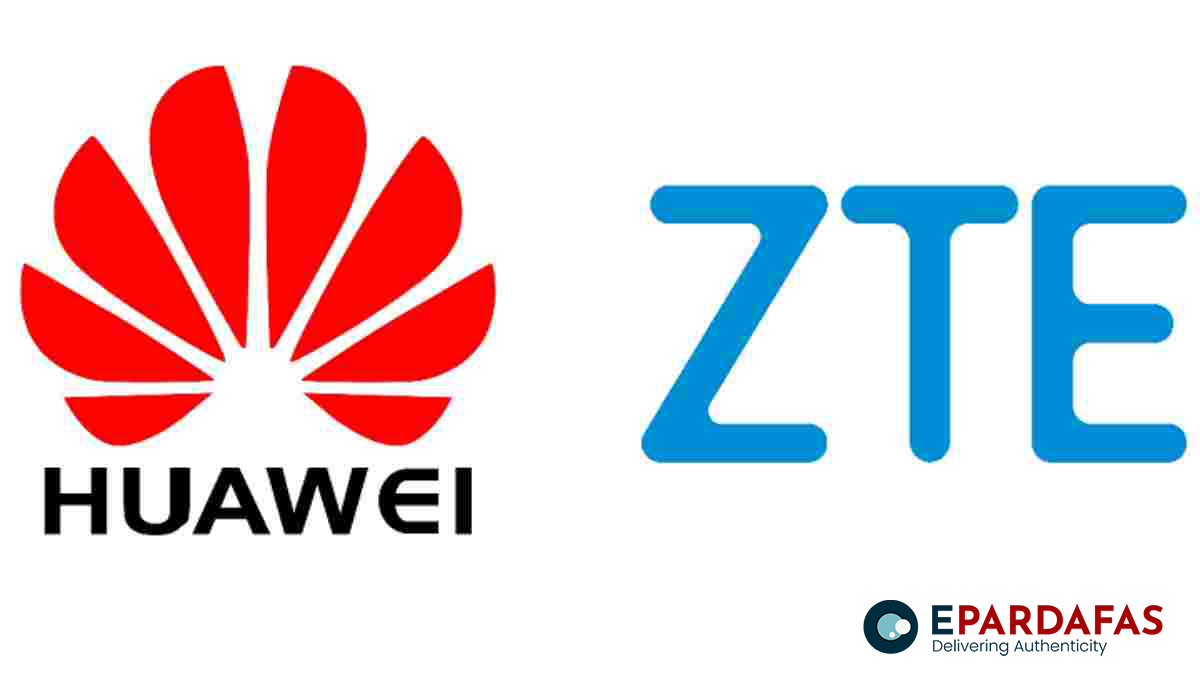
FCC’s Net Neutrality Proposal Could Bolster Efforts to Remove Huawei and ZTE Equipment from U.S. Networks

Federal Communications Commission (FCC) Chair Jessica Rosenworcel announced on Thursday that the agency’s proposal to reinstate net neutrality rules could potentially grant it new authority to compel the removal of China-based Huawei and ZTE equipment from U.S. networks, including data centers.
The 129-page proposal, which is currently open for public input, aims to reintroduce rules preventing internet service providers from blocking or throttling traffic and offering paid fast lanes. It also seeks feedback on whether these rules would empower the FCC to require the removal and replacement of covered Huawei and ZTE communications equipment and services, extending its reach to network infrastructure used for routing or transmitting communications, such as data centers and internet exchange facilities.
Huawei and ZTE have not yet responded to requests for comment regarding this development.
The FCC initially banned approvals of new telecommunications equipment from Huawei and ZTE in November, citing concerns over their potential risks to U.S. national security. In September 2022, the FCC identified Chinese telecom companies Pacific Networks and China Unicom (Americas) as threats to U.S. national security under a 2019 law designed to safeguard communications networks. It had previously revoked or denied authority to Chinese telecom companies to operate telecommunications in the United States.
The FCC believes that reinstating net neutrality rules will enhance its ability to safeguard the nation’s communications networks from entities that pose national security threats. Chair Rosenworcel pointed out that current authority does not cover broadband, creating what she referred to as a “national security loophole” that requires attention.
The proposal is scheduled for an initial vote on October 19 and also seeks input on whether the FCC can prevent internet service providers from entering traffic exchange arrangements with certain companies on national security grounds.
The Chinese embassy in Washington has previously criticized the FCC’s actions, accusing it of “abusing state power and maliciously attacking Chinese telecom operators without factual basis.” Huawei, in particular, has consistently denied allegations of wrongdoing and accused the U.S. government of unlawfully targeting the company.
The United States has been actively countering the influence of Chinese tech giants like Huawei and ZTE due to concerns that they could potentially be exploited by Beijing for espionage purposes. U.S. authorities have urged American allies not to use Huawei or ZTE equipment in 5G networks or to remove such gear from existing networks.
The FCC’s designation of Huawei and ZTE as national security threats has required U.S. carriers to remove their equipment or risk exclusion from an $8.3 billion government fund intended to support the purchase of new equipment. However, Congress has thus far appropriated only $1.9 billion to fund the “rip and replace” effort, raising financial challenges for the removal of this equipment from U.S. networks.














Comments